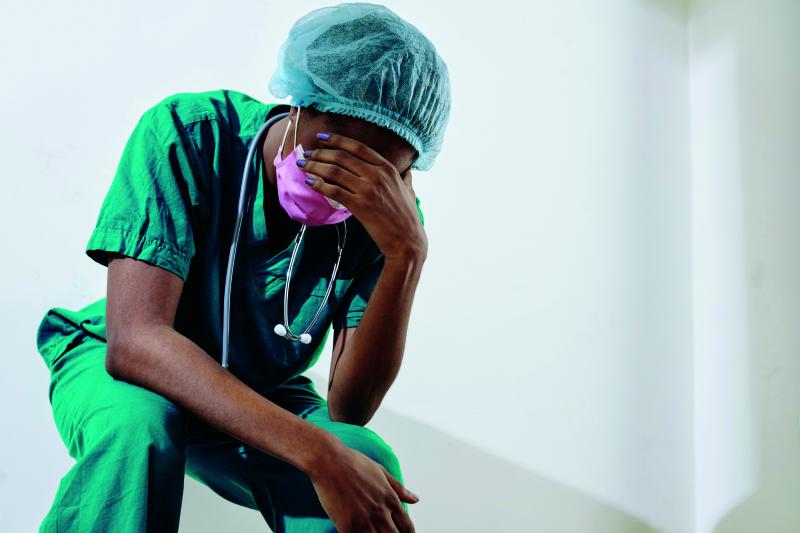
There is never a dull moment for a surgeon in the village as there are happy and crazy hilarious days. Some border on the criminal, other patients are just mischievous, some are prisoners of their beliefs.
Take the octogenarian who consented to amputation but could not allow the trimming of his overgrown beard that had his mouth under ‘lockdown’.
His mouth is more of an ostium only accessible by him to eat or talk. When he takes tea or porridge, gray skid marks colour his hair around the mouth. When he showers it returns to black. Growing young and old in short cycles! His denomination, he said, did not allow shaving the beard.
Facts First
Unlock bold, fearless reporting, exclusive stories, investigations, and in-depth analysis with The Standard INSiDER subscription.
Already have an account? Login
 The Standard Group Plc is a multi-media organization with investments in media
platforms spanning newspaper print
operations, television, radio broadcasting, digital and online services. The
Standard Group is recognized as a
leading multi-media house in Kenya with a key influence in matters of national
and international interest.
The Standard Group Plc is a multi-media organization with investments in media
platforms spanning newspaper print
operations, television, radio broadcasting, digital and online services. The
Standard Group is recognized as a
leading multi-media house in Kenya with a key influence in matters of national
and international interest.











